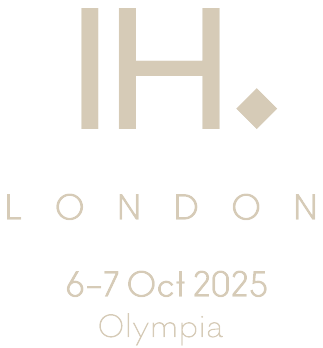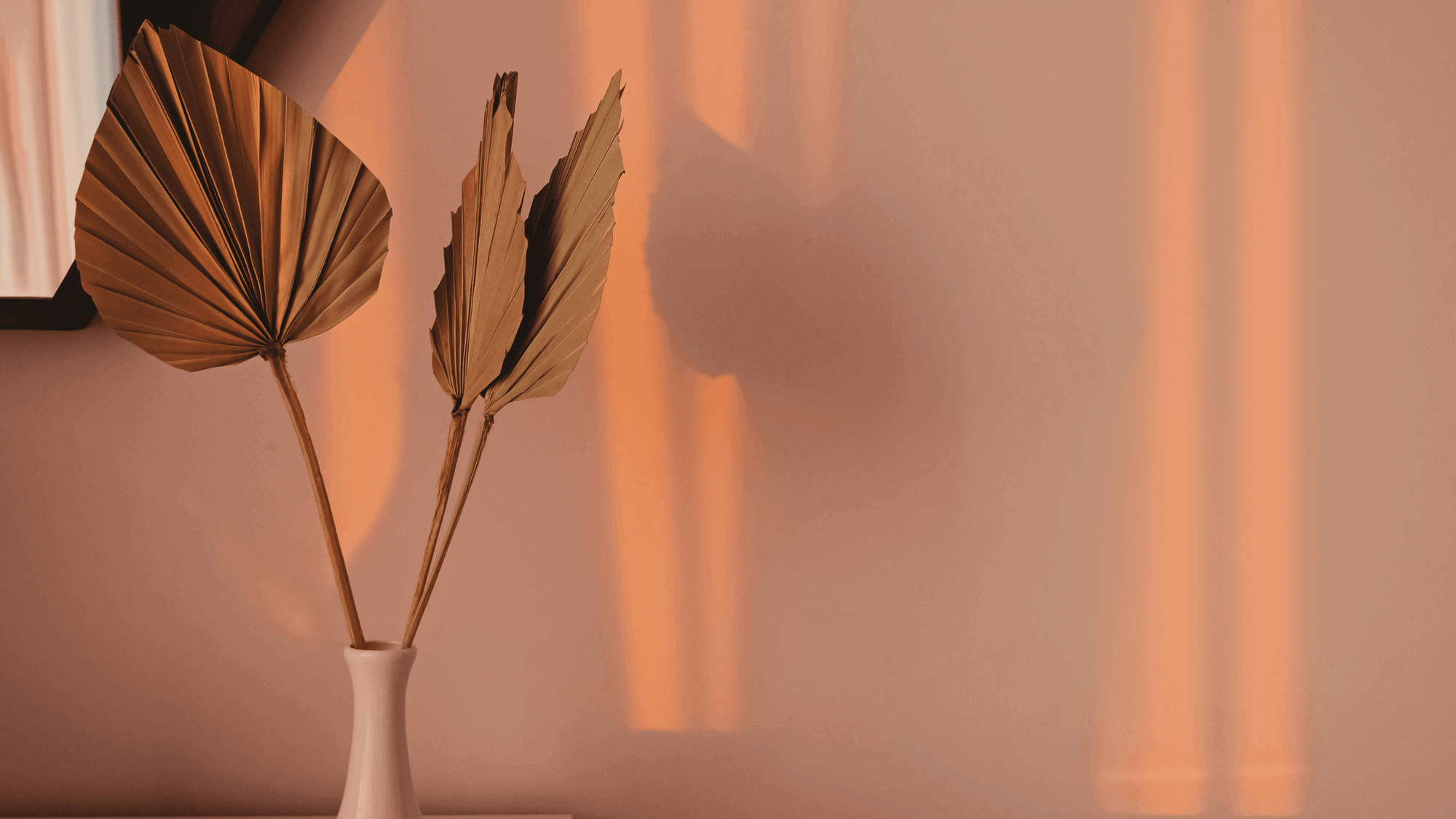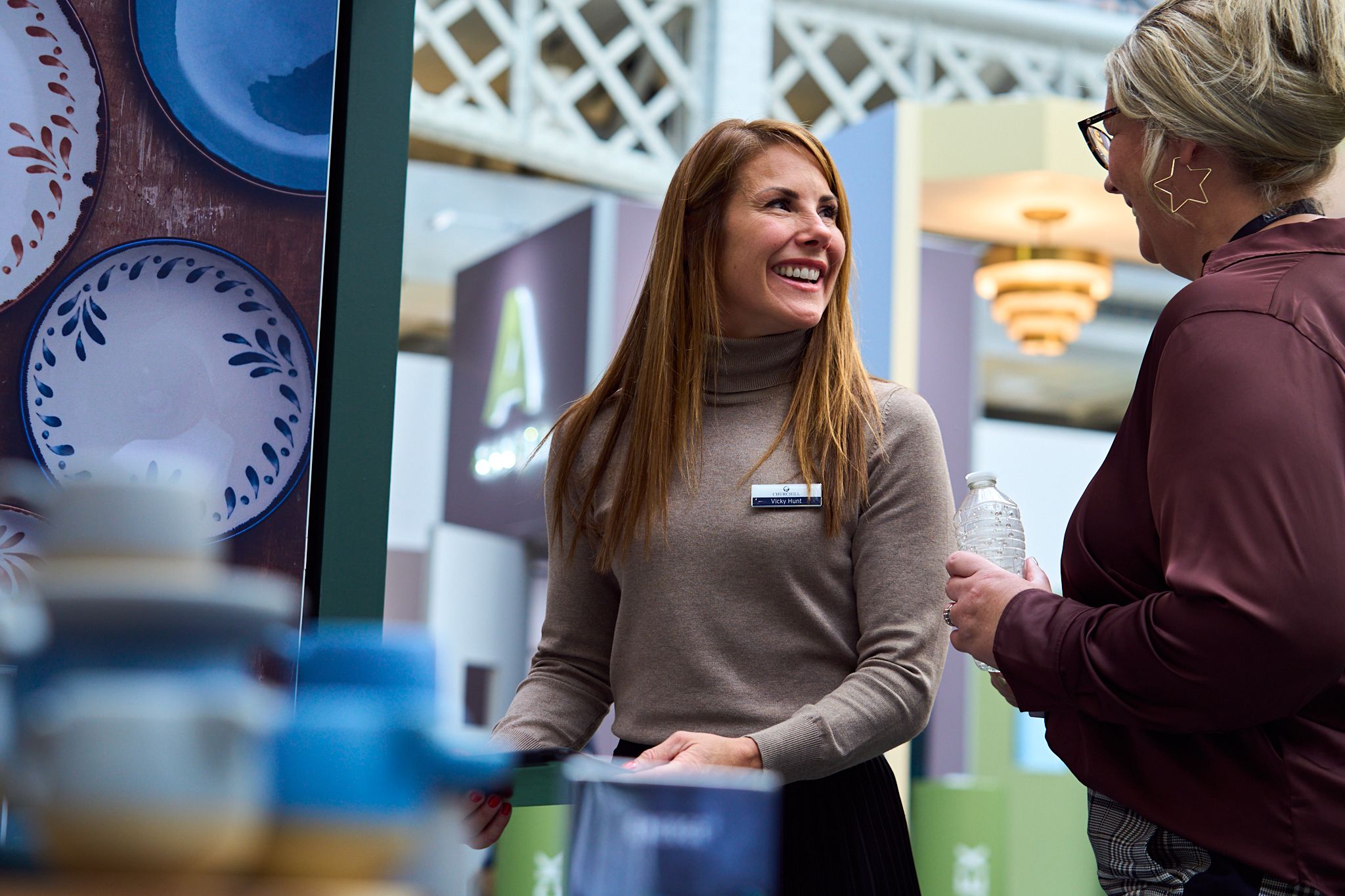The Hotelier Edit: Pete Wayre MIH, Deputy General Manager at Townhouse Hotel Manchester
)
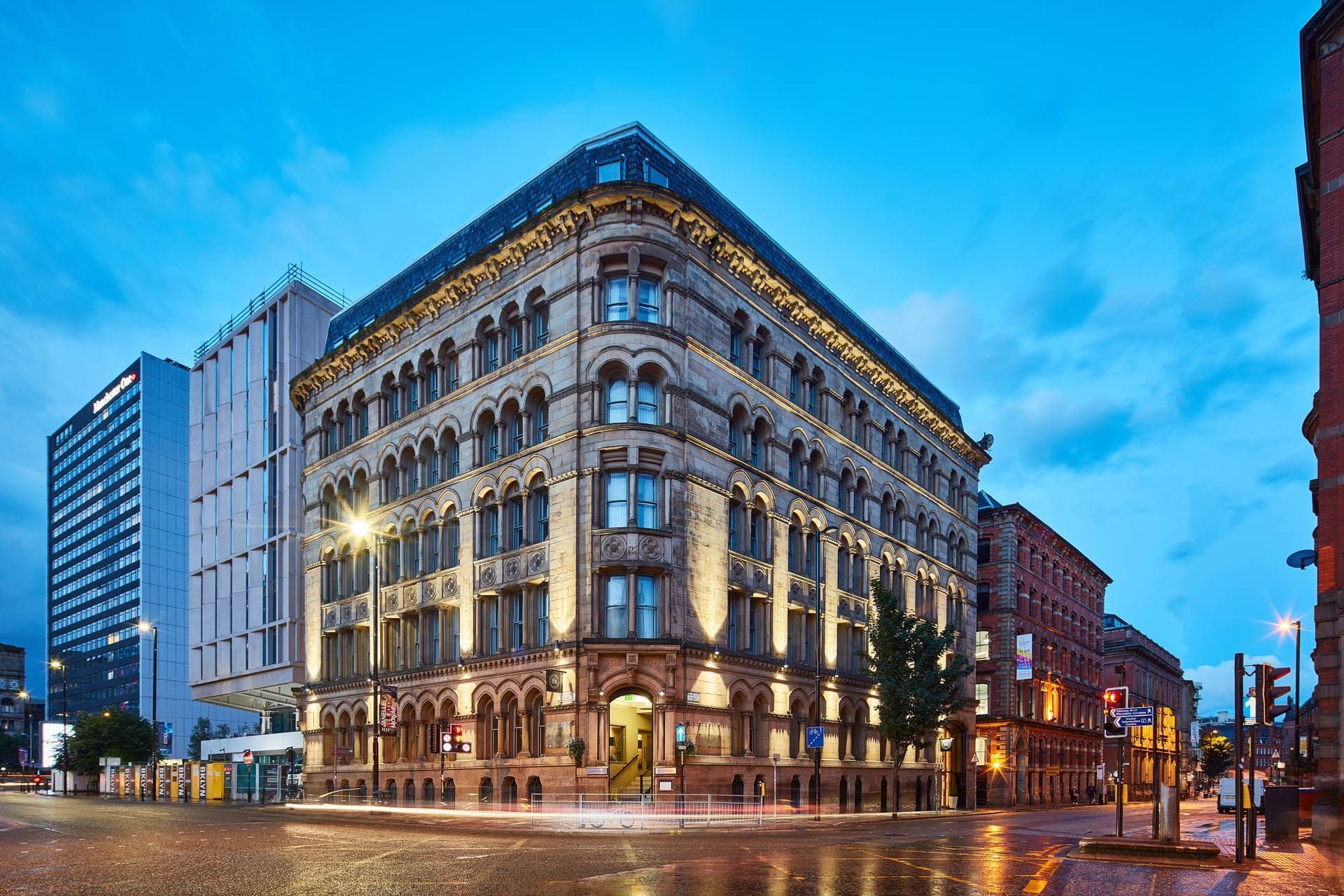 The Independent Hotel Show team went up to Manchester and met with Pete Wayre MIH, Deputy General Manager at Townhouse Hotel Manchester, a 4-star hotel located in the heart of Manchester's city centre. The hotel features 85 en-suite bedrooms, including several well-appointed suites and is conveniently located near a wide range of attractions, including cultural, historical, and entertainment venues. Guests can enjoy easy access to Piccadilly Station, Manchester's Palace and Opera House theatres, Arndale Shopping complex, China Town, and the bohemian Northern Quarter. The Townhouse Hotel Manchester also features a fine dining restaurant, 101 Brasserie and Bar, which offers upmarket restaurant style dining with an informal but sophisticated bar.
The Independent Hotel Show team went up to Manchester and met with Pete Wayre MIH, Deputy General Manager at Townhouse Hotel Manchester, a 4-star hotel located in the heart of Manchester's city centre. The hotel features 85 en-suite bedrooms, including several well-appointed suites and is conveniently located near a wide range of attractions, including cultural, historical, and entertainment venues. Guests can enjoy easy access to Piccadilly Station, Manchester's Palace and Opera House theatres, Arndale Shopping complex, China Town, and the bohemian Northern Quarter. The Townhouse Hotel Manchester also features a fine dining restaurant, 101 Brasserie and Bar, which offers upmarket restaurant style dining with an informal but sophisticated bar.
Tell us about your experience in the hospitality industry
I started in the hospitality industry in 1999 at a small hotel in Gatwick called the Skylane. I then worked at the Gatwick Hilton and have progressed with events and entertainment in different ways through the years. I moved to Manchester over the last year and a half to work at the DoubleTree by Hilton, and I am now at the Townhouse Hotel, which is part of a small group of six to seven hotels managed by RBH.
Tell us about the history of your hotel
The Townhouse Hotel is a Victorian Grade II listed property that was originally a cotton warehouse. It has been converted through the years and is now an 85-bedroom hotel with a restaurant and conference facilities. It is a simplistic place, not too big or too basic, and it offers a nice level of comfort and size.
There are some cotton pictures up in the hotel, but we don't necessarily play on the fact that it was a cotton warehouse. The colours of the pictures are zoomed in, so you don't really notice the cotton. However, we do mention the history of the hotel to guests, as it is a big part of the area's history.
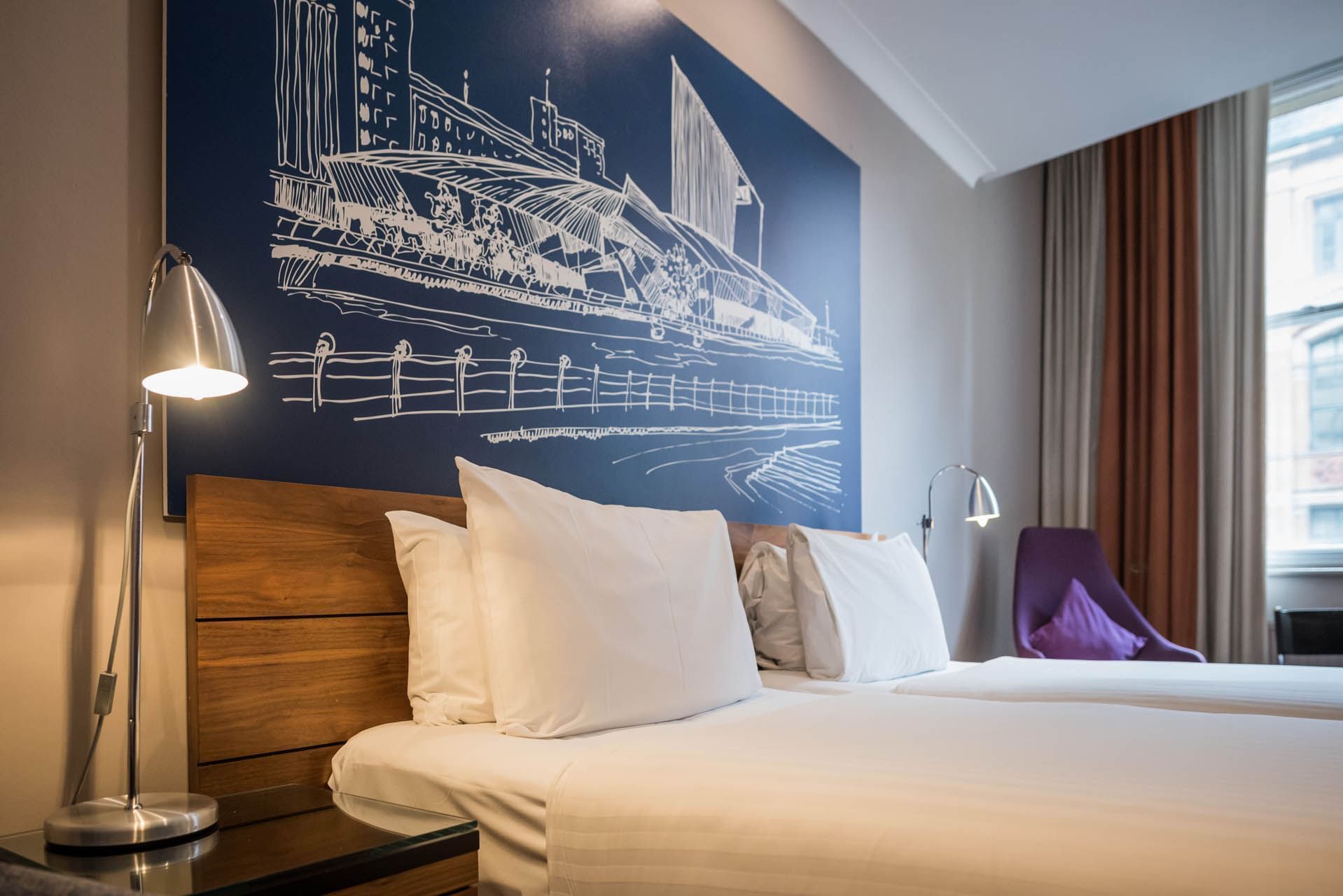 What does a great customer experience look like at your hotel, and what makes it unqiue?
What does a great customer experience look like at your hotel, and what makes it unqiue?
I think a great customer experience at our hotel starts with a warm welcome. We greet guests with a smile and take a genuine interest in why they're here and what they're here to do. This sets the tone for a positive experience, and when we take genuine care and interest in guests, they're more likely to leave good feedback and be willing to work with us if there's a problem.
What do you think defines an independent hotel?
I think independent hotels are defined by their guest services. I've worked at both independent and chain hotels, and the biggest difference is the level of personal touch. At independent hotels, you get to know the staff better and they get to know you better. This creates a cozier and more welcoming atmosphere, and it also means that the staff are more likely to be able to give you personalised recommendations for restaurants, activities, and other things to do in the area. It also means that the staff are more likely to be able to go the extra mile to help you out. For example, if you have a special request, the staff at an independent hotel are more likely to be able to accommodate it.
What do you think are some of the major opportunities and challenges that are in the hotel market this year or coming years?
Staffing is definitely one of the biggest challenges in the hospitality industry. Before the lockdown, I knew a lot of people from different countries who worked in the hospitality industry. They were effective and friendly, and they were everything I could possibly want. However, there is now a trend of finding the most suitable staff being quite difficult. The competition is fierce, and we are getting a lot of students. Students have a shelf life when their course is finished and they have other financial options, so if they do not like a venue, they can happily go to another. Why serve tables when you can just be a TikTok star? In the past, I worked with a lot of people from Europe who would do part-time hours and fill in, but they would be there for two, three, or four years.
In the UK, hospitality is not seen as a career path in the same way that it is in other countries. People often end up in hospitality by accident, and they may not see it as a long-term option. We need to make hospitality more attractive as a career path. This could involve offering better wages, benefits, and opportunities for advancement. I think the hospitality industry is missing out on a lot of potential talent because of this issue.
As well, I'm finding that people are not being taught the bare basics of hospitality. For example, they're not being taught which side of the table to serve from, or which side to clear from. They're not being taught the etiquette of the job. I think it's important for people to be taught the basics of hospitality. It helps them to be more efficient and to provide a better customer experience, and in turn, enjoy their experience in hospitality a lot more.
I think Dakota Hotel have a good model, a lot of the staff they take on no matter what level they are, must have or be doing some degree of a hospitality course.
How are you approaching the issue of sustainability?
As a Victorian listed building, there are only so many things we can do to be sustainable. We don't have the installations or windows that more modern buildings have. However, we are trying to do what we can. For example, we have switched to glass bottles for conferences instead of plastic ones. We also sell biodegradable water bottles and takeaway paper cups which can be eaten once you’re done with them.
There are always little steps like recycling and separating food waste from general waste. We. We are trying to educate our staff about recycling and how to do it properly. We are also looking at getting separate bins for different types of waste. However, it is difficult to police people all the time, so we rely on their common sense.
In terms of the rooms, we are not refreshing rooms as often for guests who stay for 2-3 days. We’re still making the beds and cleaning, but not going through the amount of washing and this saves on water and energy. We also have refillable bottles in the rooms instead of disposable ones.
We’d like to think that most guests would choose to be more sustainable if they were given the option. However, there is some resistance to change, as some guests are used to getting new towels and mini sized amenities every day.
However, I do think that sustainability is becoming more important to guests, and we are committed to doing our part to look for new ways to reduce our environmental impact.
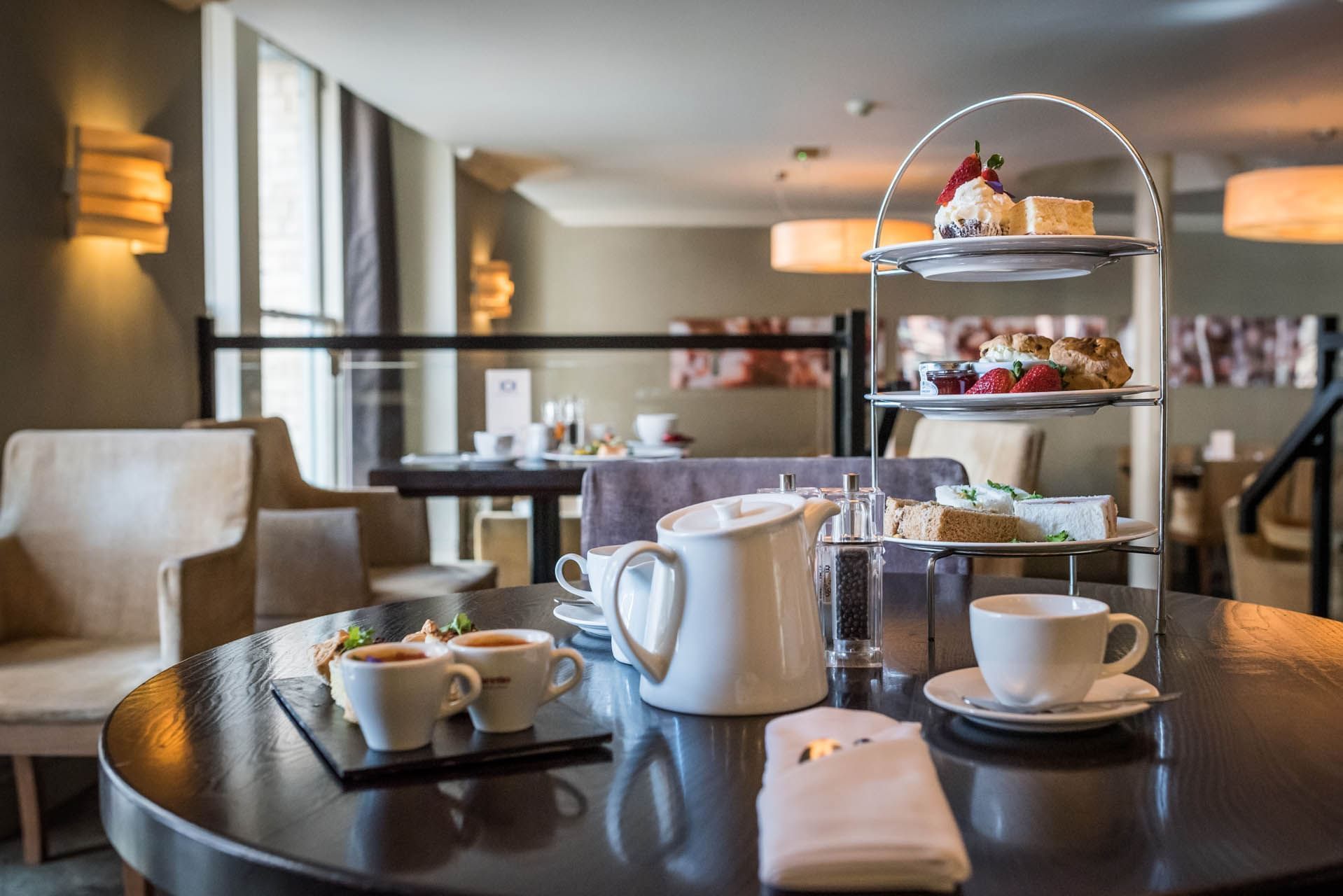 How do you approach creating menus and sourcing food and drink suppliers?
How do you approach creating menus and sourcing food and drink suppliers?
We try to source as many local suppliers as possible. I have recently been talking to a couple of local tea suppliers and Manchester gin guys. It’s difficult because even though we are independent, we are still under a management company, so we must have approved suppliers on their list. It can be a bit of a bureaucratic process to get new suppliers approved, but we are always looking for new ways to support local businesses.
The lunch menu is created by the chef and is based on generalised popularity. We don't want to go too big or too small, so we try to find a good mix of popular items. The dinner menu is a new experiment that is coming out soon. It is all down to the chef, who is exceptionally creative. He has worked with some big names in the industry and was on MasterChef.
What's been your maybe favourite moment in your hospitality career and the worst?
The best day I've had was when we did a wedding for 1000 people. It was an all-day, all-night event, and it was a lot of hard work. But there were a few problems with the electricity, and we had to work out how to get around them. In the end, we managed to pull it off, and the guests had a great time. It was a great feeling to know that we had worked together as a team and made it happen.
The worst day I've had was last Saturday. Two ceilings collapsed, a bathroom flooded, and we had three staff members call in sick. It was chaos, and we were all under a lot of pressure. But we managed to get through it, and the guests were still happy.
I think the good and the bad days are what make this industry so unique. Every day is different, and you never know what's going to happen. But that's also what makes it so exciting. You have to be able to think on your feet and be adaptable. And you have to be able to work well under pressure. It's not always easy, but it's always worth it.
